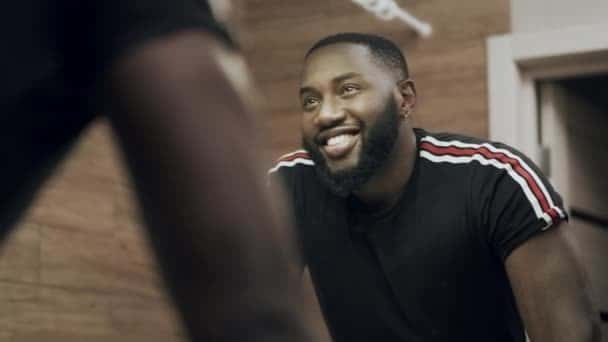×
The Standard e-Paper
Truth Without Fear

A man admiring his reflection in the mirror. [Courtesy]
Before the invention of mirrors, people lived their entire lives without knowing how they looked like.
The closest anyone could come to see themselves was in a pool of water or on a shiny copper or bronze wear which reflected only 20 per cent of light thus giving reflections resembling silhouettes.